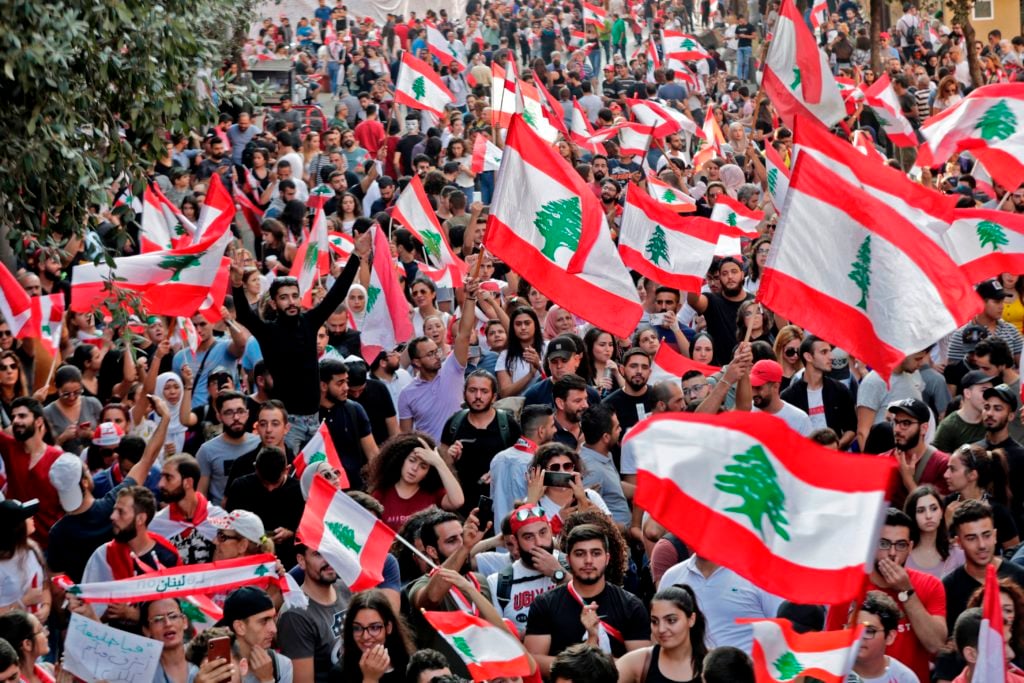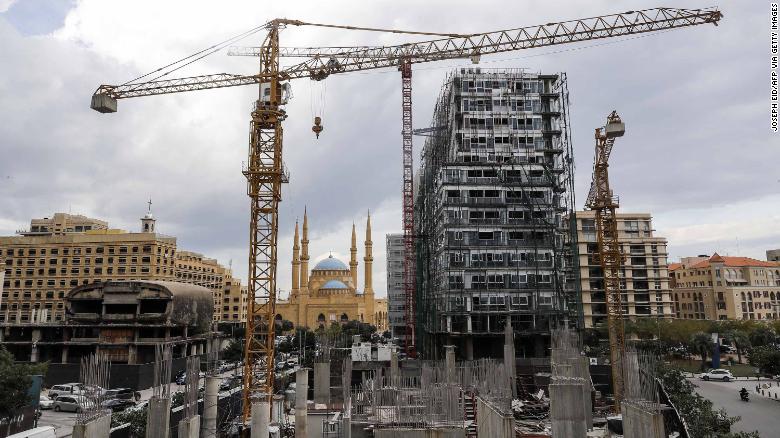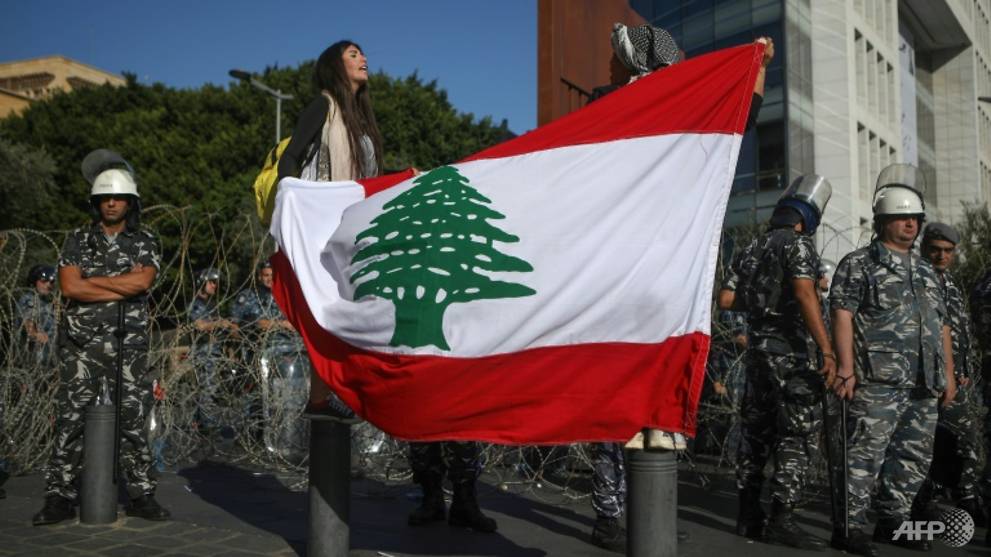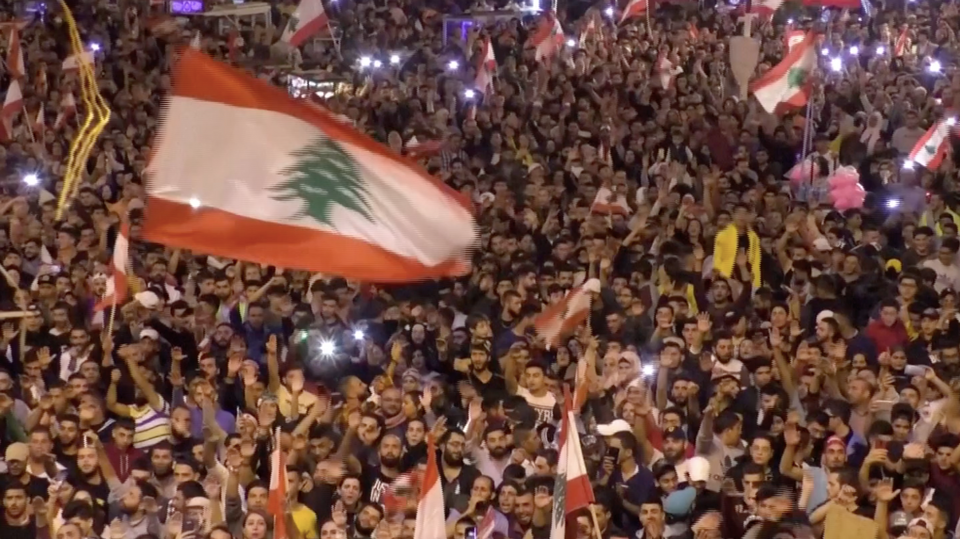
by coindesk.com — Leigh Cuen — News of Lebanese banks shuttering to prevent a bank run was met with predictable enthusiasm from the global bitcoin commentariat. People in Lebanon can no longer send foreign currencies, mainly dollars and euros, abroad. Further, due to heavily restricted banking access and limited liquidity provided by established grassroots networks, most Lebanese civilians also struggle to acquire bitcoin. Long-time bitcoiner Ali Askar, currently on the ground in Lebanon, told CoinDesk a few Telegram and WhatsApp groups for local traders have nearly doubled in size over the past year, with one such private group reaching roughly 300 members this past weekend. Following news of the banking limitations, the Beirut-based car dealership Rkein Motors promptly started accepting bitcoin payments this week. Clearly, awareness is spreading.
However, a stark disconnect between daily bitcoin users and the rest of the populace continues in a region plagued by economic and political conflict. “Bitcoin will not help the people. It will help the politicians because they are the filthy rich ones who have access to money,” one anonymous bitcoin trader with family in Lebanon told CoinDesk. He uses a European bank account to buy bitcoin, then sends it to people on the ground in Lebanon. “It [bitcoin] could help them, perhaps, if they were sitting at home with 24 hours worth of electricity and internet, and they could work online to get paid for their online work. That’s a utopian scenario,” he added. “In Lebanon, the internet is very expensive. Electricity doesn’t come often. We sometimes have electricity for just six hours a day.”











/https://www.thestar.com/content/dam/thestar/news/world/middleeast/2019/11/22/parallel-national-day-rallies-by-lebanon-protesters-leaders/HAS107-1122_2019_060814.jpg)



